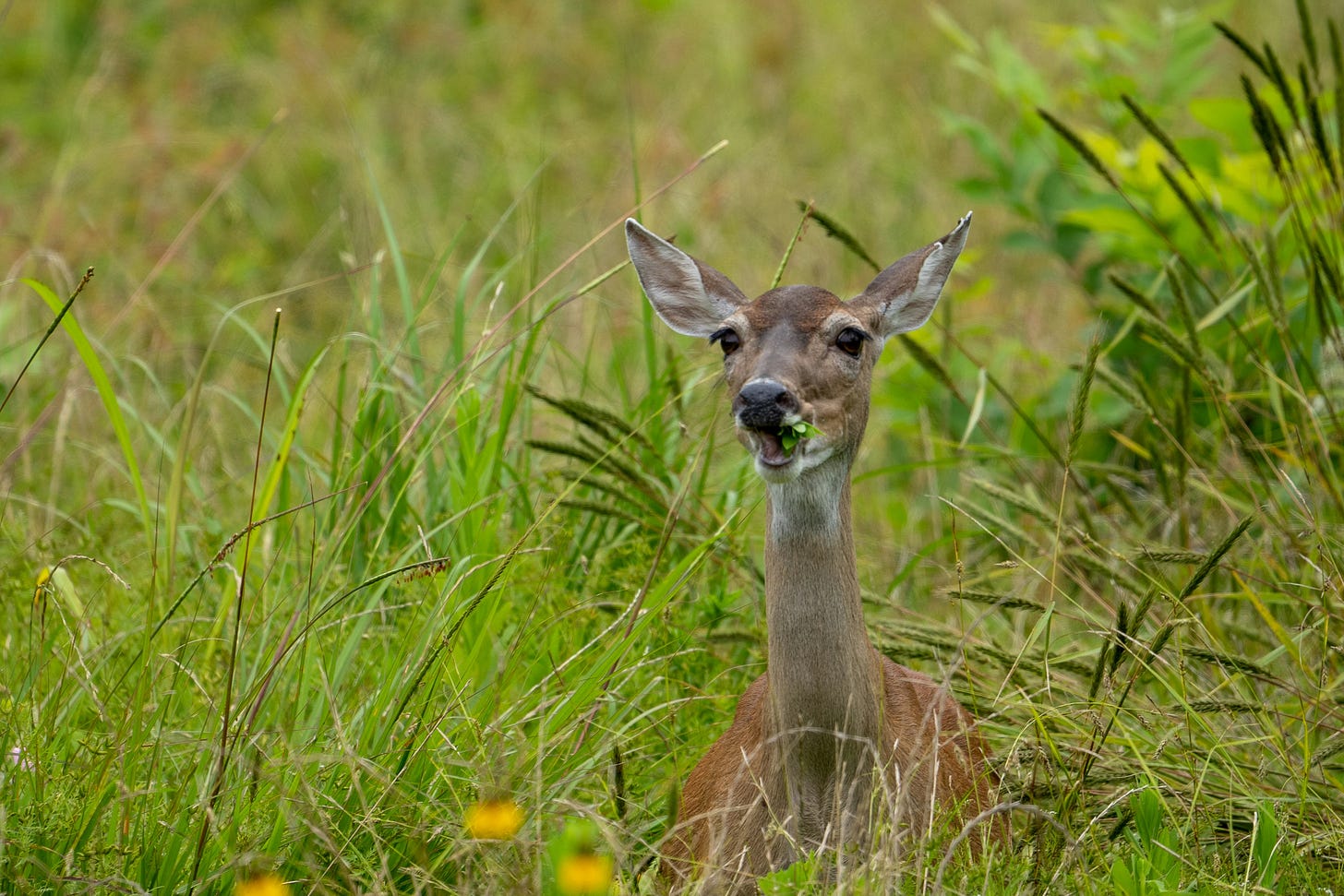‘Ghost Deer’ Suspect Faked Deaths, Tried To Sell Black Market Bucks: Court Docs
Ken Schlaudt, a former leader of the Texas Deer Association, faces multiple charges in a sweeping investigation into Texas wildlife crime.

In March of last year, Ken Schlaudt, a prominent deer breeder and game ranch owner in Texas, allegedly reached out to another individual and offered to sell some deer.
But there was a catch. Schlaudt had already reported several of the deer as dead to state wildlife authorities …



